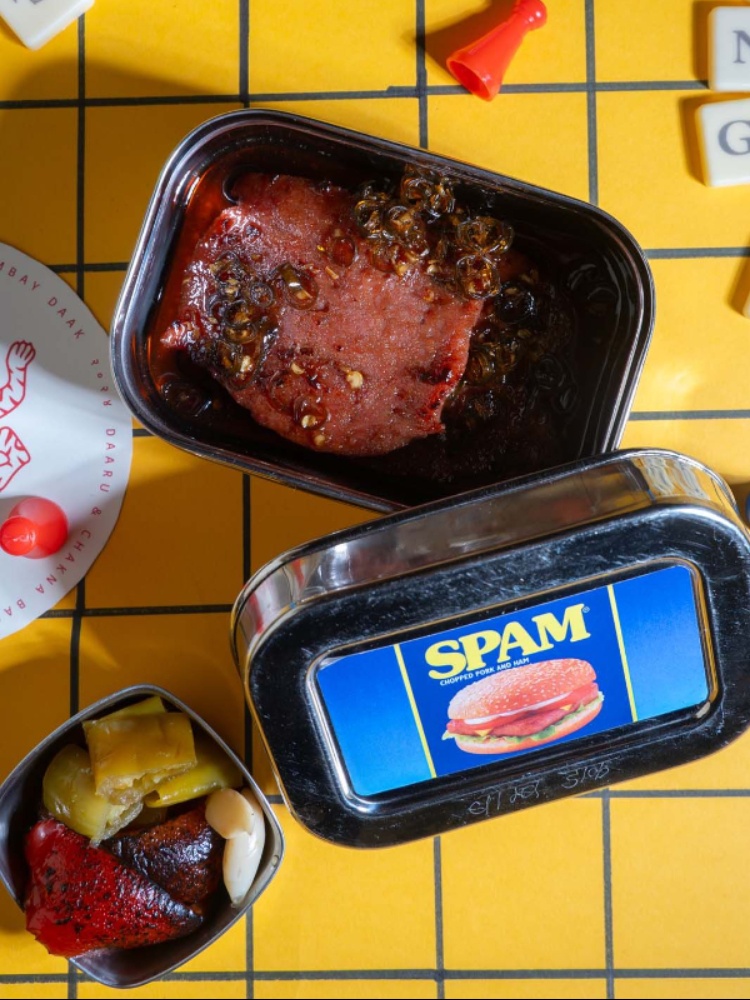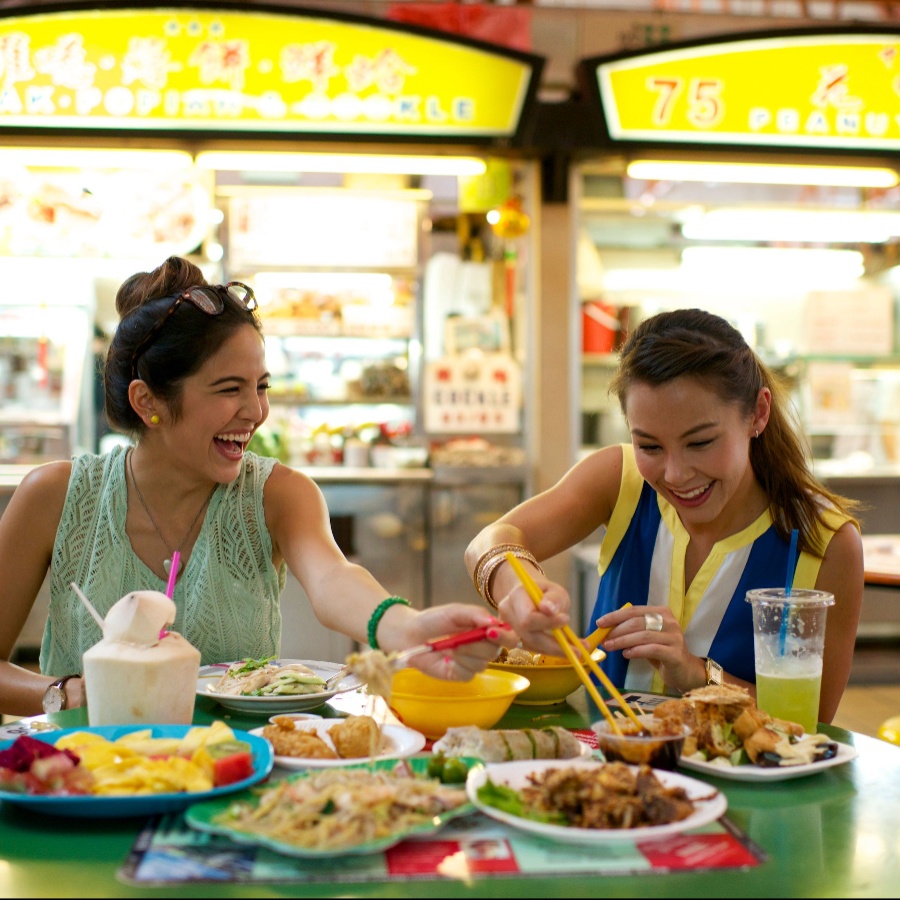For a teetotaller, Niyati Rao has a curiously high degree of interest in alcohol. “I’ve always been a taster, I taste everything,” says the Mumbai-based chef, best known for her ingredient-forward restaurant Ekaa. “I like to learn about new drinks, but if I’m being honest, it’s the food part that goes with the drinks that really excites me.” So it’s surprising when she shares, “I’d always wanted to open a bar.”
In fact, I am with the Noma Copenhagen alum at her newly opened bar, Bombay Daak, in Mumbai’s Bandra suburb, on a particularly rainy August evening. “I have friends from Spain who really pride themselves on their tapas and wine culture; others from Italy who would say their antipasti is the best. I had an epiphany; I realised that we too have daru-chakna as an integral part of our lives. It felt like I was sitting on a treasure trove that nobody was doing anything with.”














